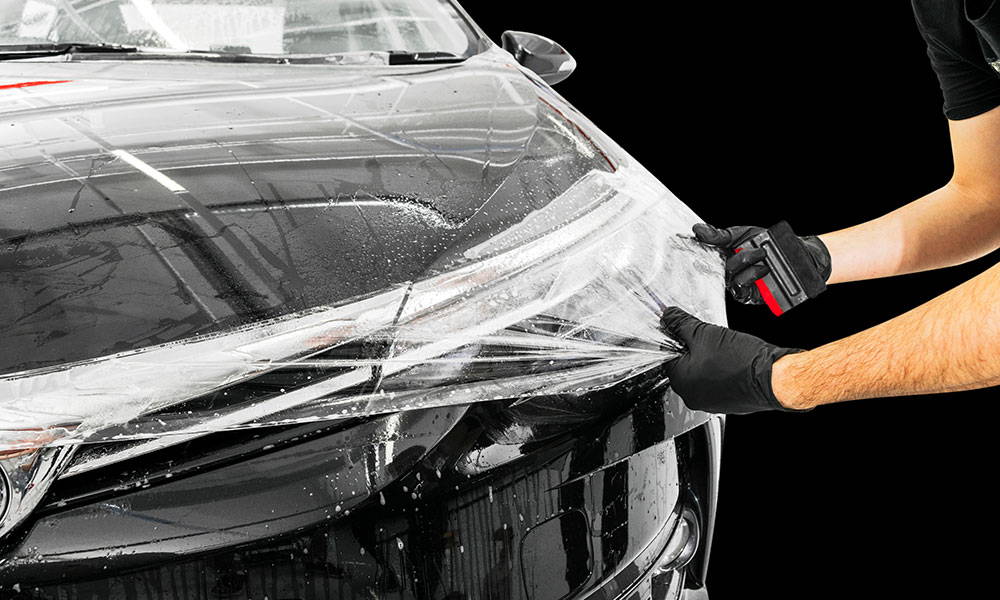
Modern cars are equipped with systems that alert drivers to problems before they become serious. From dashboard lights to odd smells and vibrations, these warning signs exist to keep you safe and prevent costly repairs. Ignoring them can lead to major damage or breakdowns, so it is vital to recognise what they mean and act quickly.
Car Warning Signs To Look Out For
Dashboard Warning Lights
The most obvious alerts come from the lights on your dashboard. The check engine, oil pressure, brake and battery symbols each signal specific faults that require attention. Some may point to minor issues, but others warn of problems that could damage the vehicle if left unchecked. Understanding what each light means and never ignoring one that stays on is key to keeping your car reliable.
Check Engine Light
This light can appear for many reasons, from a loose fuel cap to a faulty sensor or misfire. Even if the car still drives normally, it is important to have it scanned by a professional as soon as possible. A glowing or flashing check engine light can indicate problems with emissions, fuel efficiency or internal engine components. Acting early prevents expensive repairs later.
Oil Pressure Warning
If the oil pressure light comes on, stop driving immediately and check your oil level. Low pressure can result from leaks, worn bearings or a failing pump. Driving without adequate lubrication can cause severe engine damage within minutes. Always top up oil carefully, and if the light stays on, arrange an urgent inspection.
Brake System Alert
A brake warning light could signal low brake fluid, worn pads or a system fault. Because braking performance directly affects safety, this is one light you should never ignore. If the pedal feels soft or the car takes longer to stop, have it checked straight away. Regular brake servicing keeps the system working properly and avoids sudden failure.
Battery or Charging Warning
This light shows when there is an issue with the battery or alternator. You might notice dim headlights, slow cranking or electrical glitches. A weak battery can leave you stranded, while a bad alternator can drain power completely. Check terminals for corrosion and book a test before the system fails.
Other Critical Warning Signs
Not every problem shows up on the dashboard. Paying attention to how your car sounds and feels can also prevent costly damage.
- Unusual Noises: Squealing brakes, knocking engines or grinding sounds from the gearbox suggest worn or loose components.
- Fluid Leaks: Puddles of oil, coolant or brake fluid under the car can point to leaks that compromise performance or safety.
- Smoke or Burning Smells: Blue smoke often means oil burning, white smoke indicates coolant issues, and a burning smell can mean overheating or electrical faults.
- Vibrations: Steering wheel shake, uneven braking or vibration at high speeds usually signal wheel, suspension or brake problems.
Any of these symptoms should prompt a professional inspection as soon as possible.
The Importance of Acting Quickly
Prompt attention to warning signs keeps you safe and prevents small issues from becoming major mechanical failures. Delaying repairs often multiplies costs. A fifty dollar fluid leak today can turn into a two thousand dollar repair if ignored.
Most mechanics offer online booking for car service, making it easy to schedule an inspection without delay. If your car shows warning lights, strange noises or any unusual behaviour, book a check-up immediately to avoid more serious damage.
Stay Alert and Stay Safe
Your car is designed to warn you when something is not right. Listening to it, both literally and figuratively, is the simplest way to stay safe and protect your investment. By responding quickly to warning signs and maintaining regular servicing, you can keep your vehicle running smoothly, prevent breakdowns and enjoy every drive with confidence.








Comments